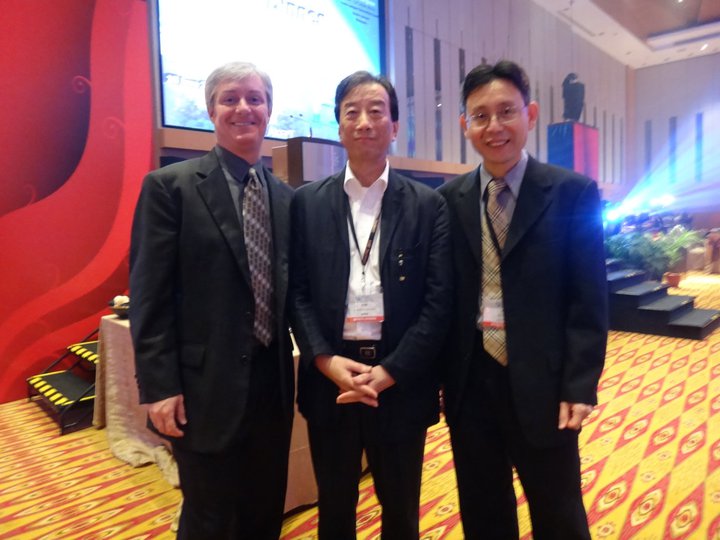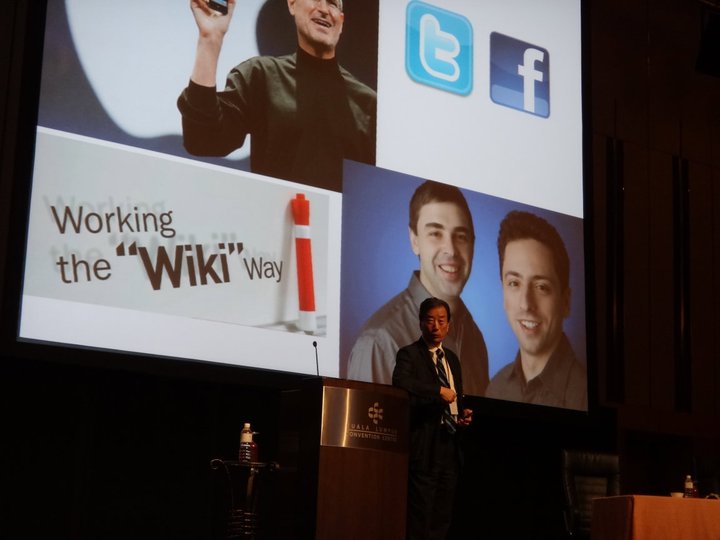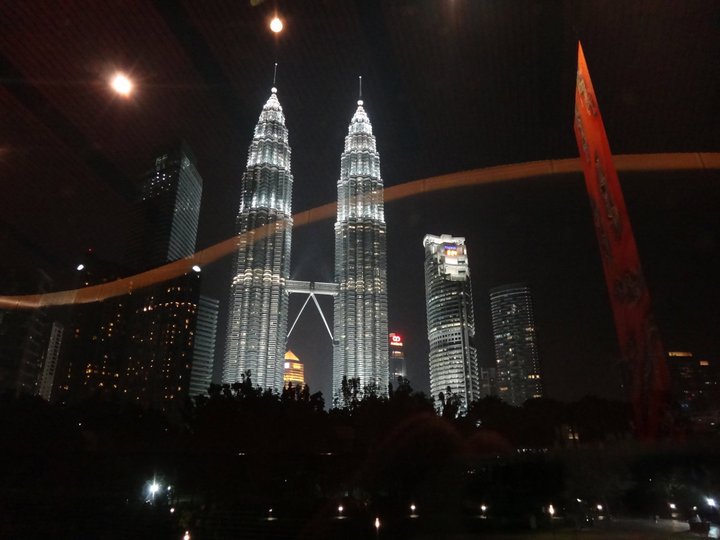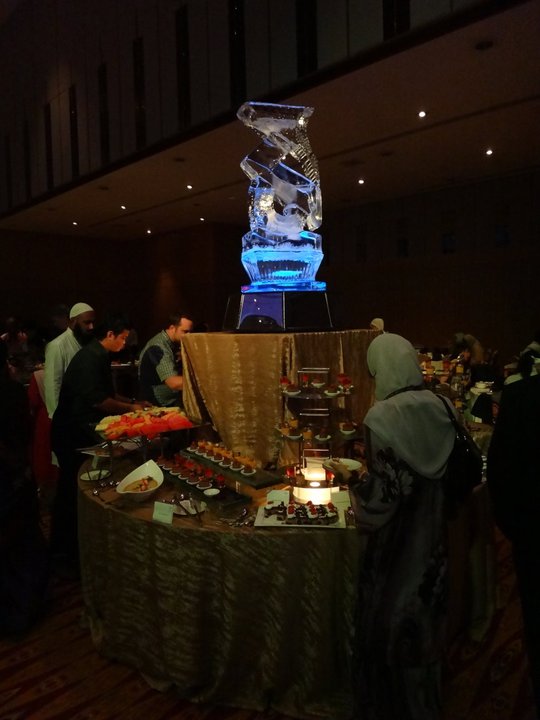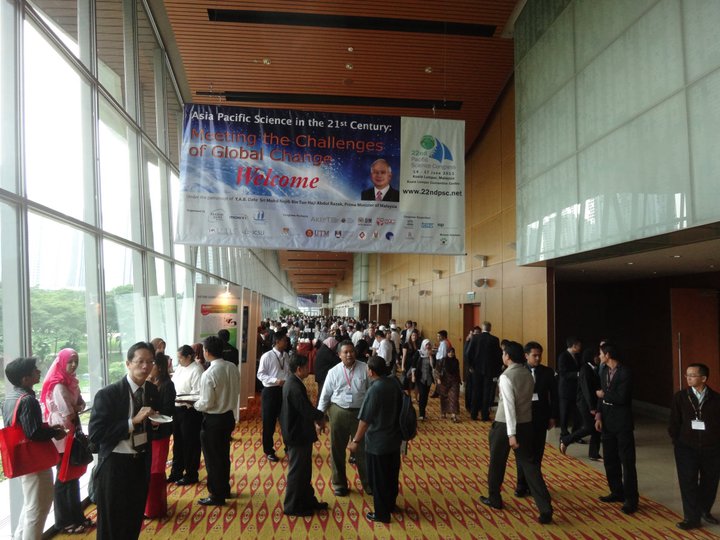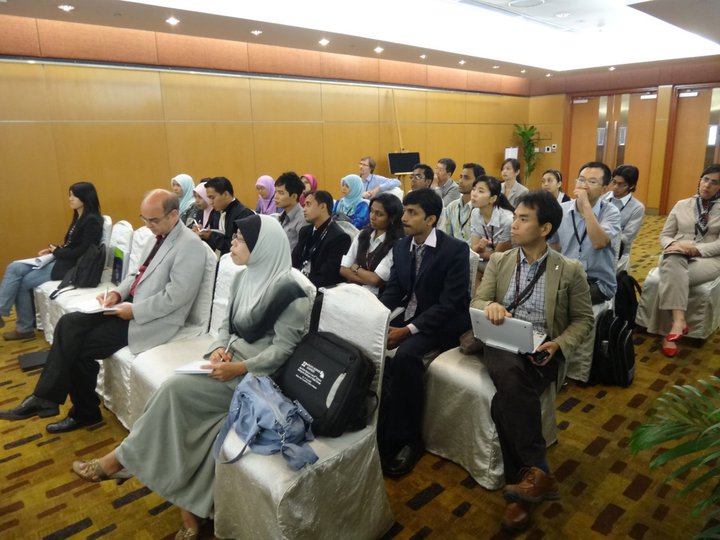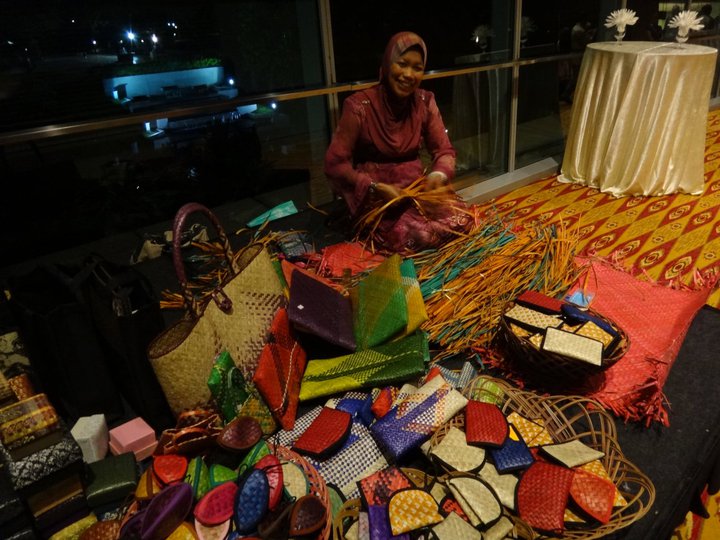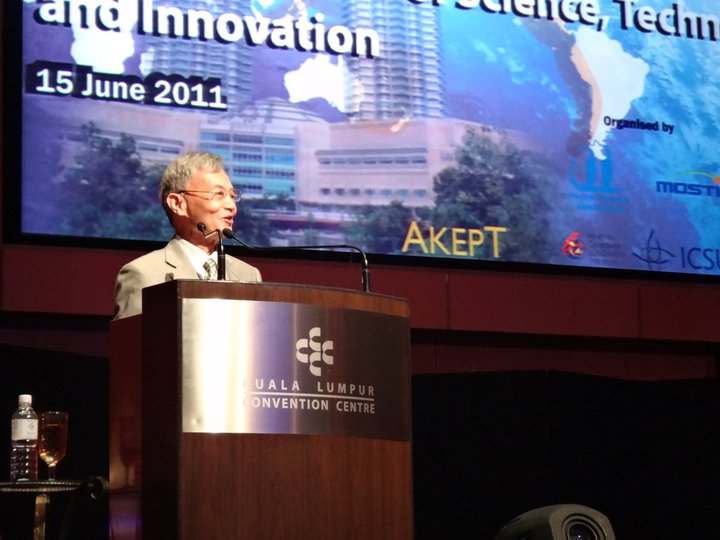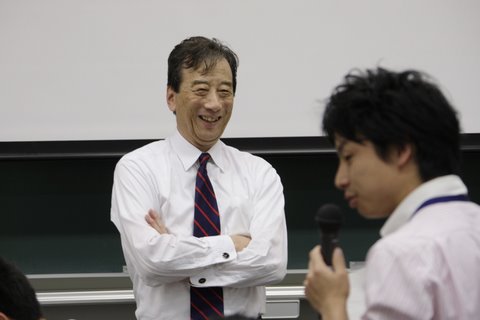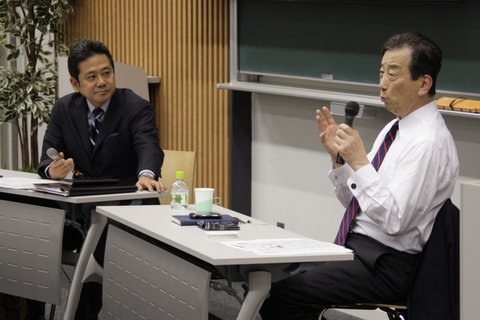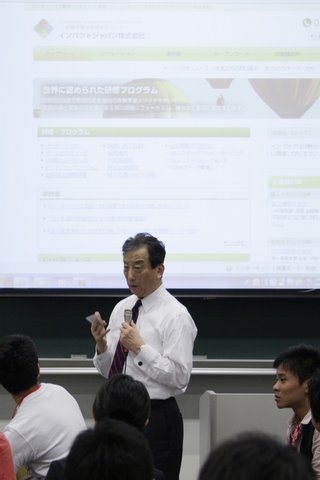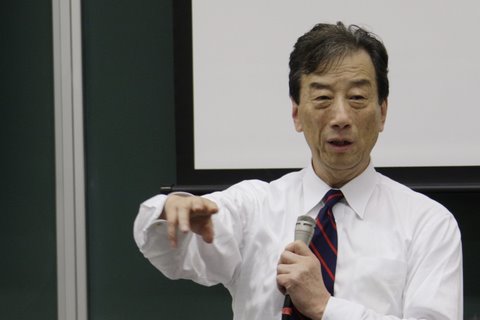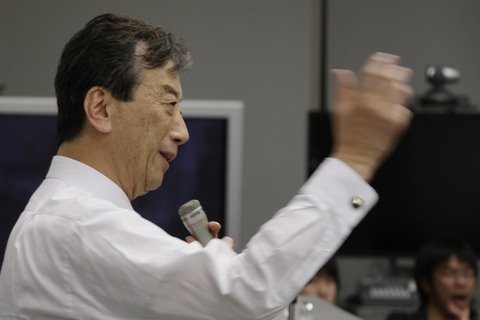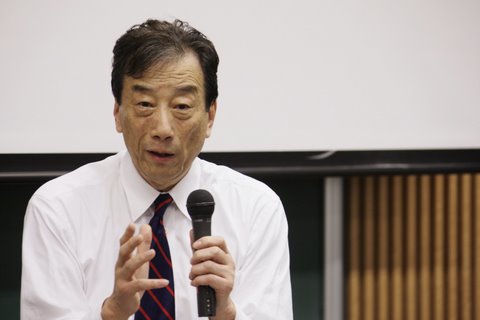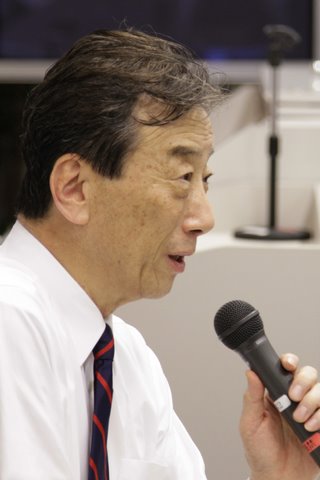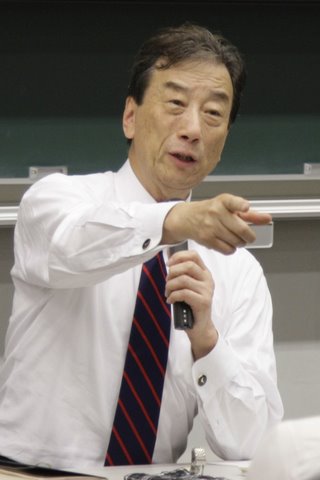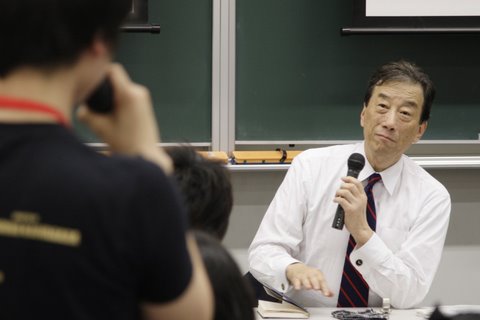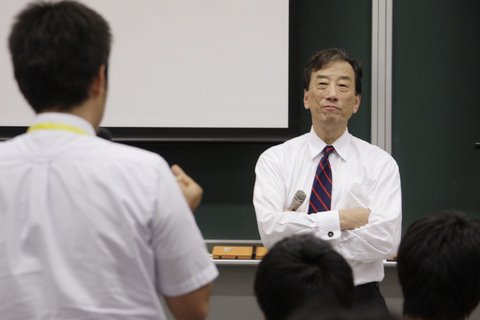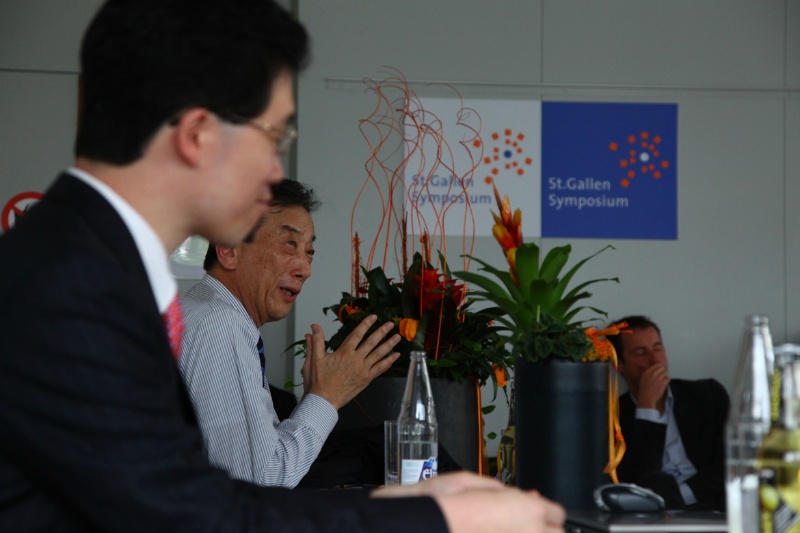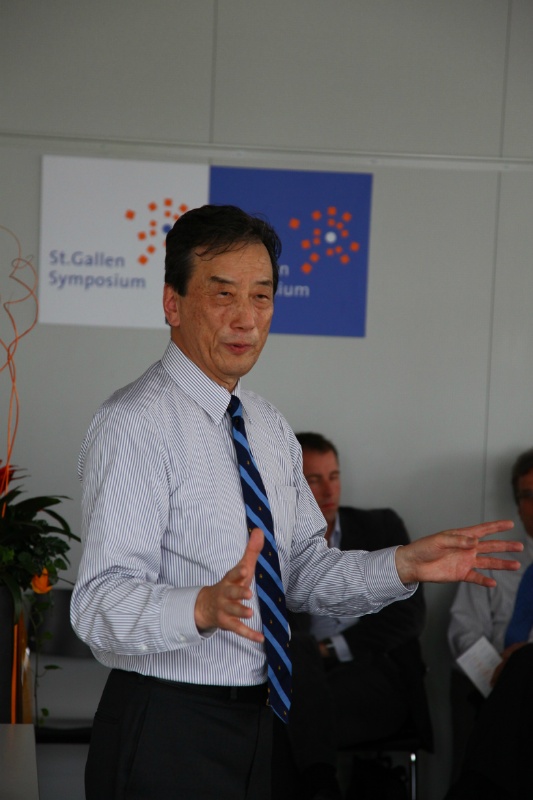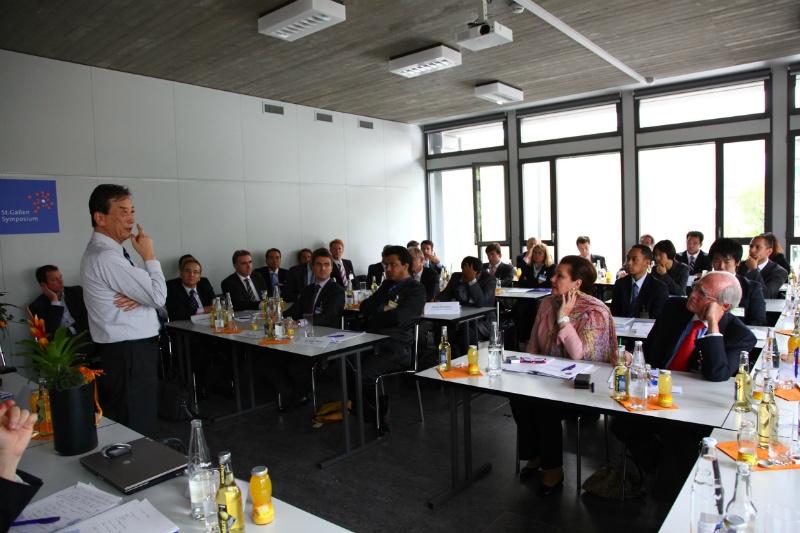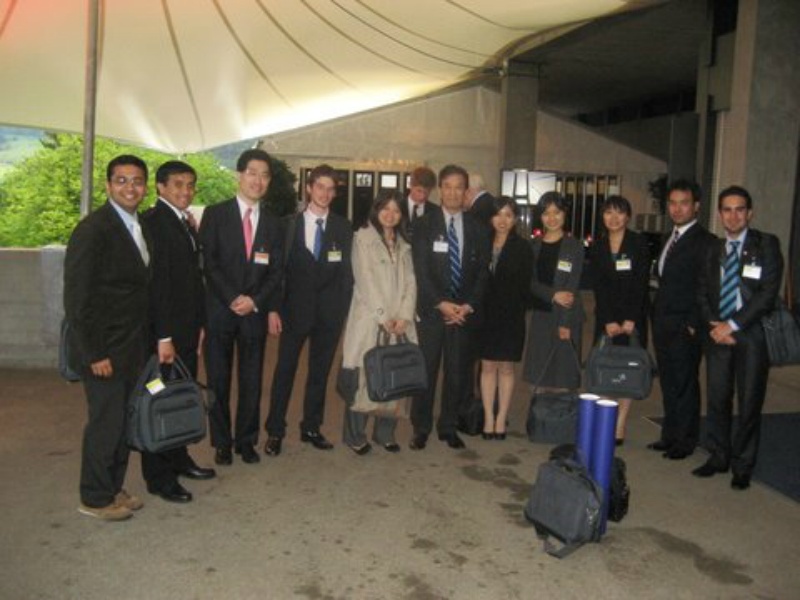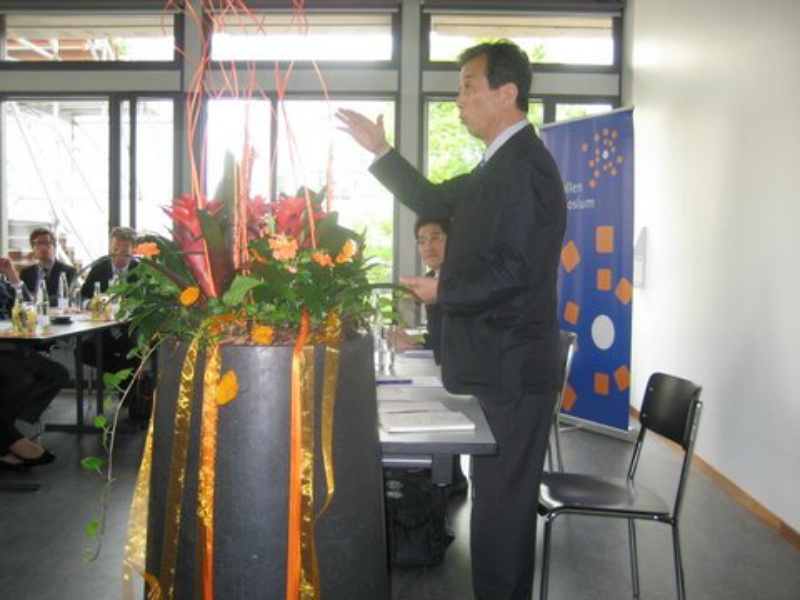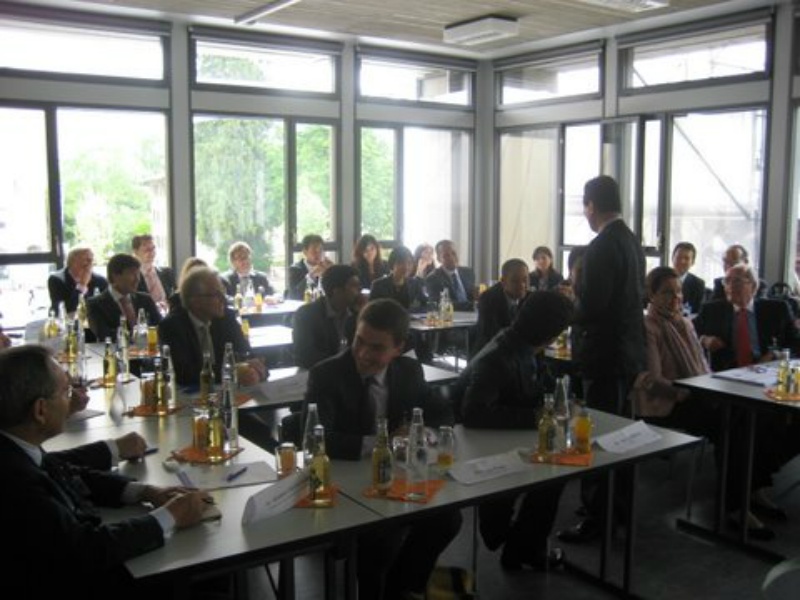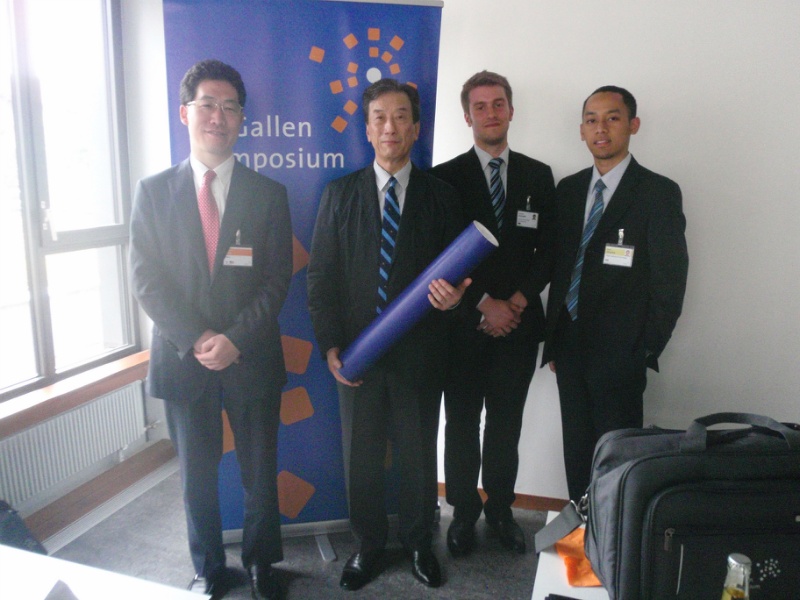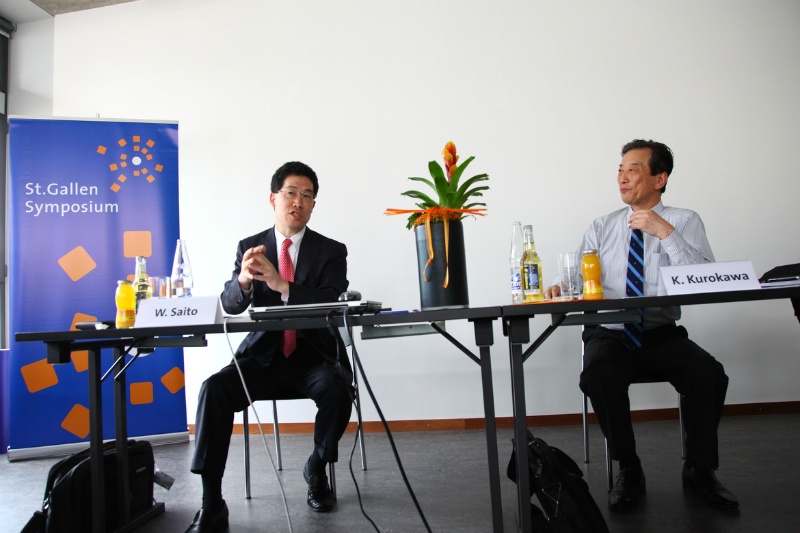I think Jiro Asada, a Japanese writer, has quite a lot of fans. I am one of his fans, too, although I have not read all of his works.
The 4 series’ novel about China in the end of the Qing Dynasty “The Firmament of the Pleiades (Soukyuu no Subaru, 蒼穹の昴), “Imperial Consort Zhen’ s Well (Chinbi no Ido, 珍妃の井戸)”, “Chugen Rainbow (Chugen no Niji, 中原の虹)”, and “Manchurian Report (Manchurian Report,マンチュリアン・リポート)” (published last year) is one of my favorites. What attracts me is the structure, analysis, and the viewpoint in each “Story (monogatari, ものがたり)”. Once I start reading, the story is so fascinating that I am completely caught by it and can not stop until I get to the end.
Last year NHK broadcasted a drama series that was produced in collaboration with China titled “The Firmament of the Pleiades”. It is a story about Empress Dowager, Chunru (春児, チュンル), and the people close to them, in the last phase of the Qing Dynasty. Yuko Tanaka, a Japanese actress, played the part of Empress Dowager which I thought was done nicely. After this novel came the “Imperial Consort Zhen’ s Well”. I don’t think I have to remind you that the Imperial Consort Zhen also appeared in “The Firmament of the Pleiades”.
I had an opportunity to visit Beijing (北京) several years ago, and since I had a bit of spare time I decided to go to the Forbidden City (紫禁城). The guide asked me where I wanted to see, so I requested him to take me to “The Chinbi’s Well (珍妃の井戸)” because I didn’t have enough time to see all. So, as I recall, we went directly to the well and saw nothing else. I do not regret this though, because each of Asada’s storis is so fascinating that you feel as if you were living it. My impression of “The Chinbi’s Well”? Well, I would rather hear your impression after you have seen it.
The 3rd book of this series is “The Chugen Rainbow”. This is a story about Zhang Zuolin (Cyo Sakurinn, 張作霖); the son of a refugee, later the leader of the mounted bandit in Manchuria area (bazoku, 馬賊), Puyi (Xuantong Emperor, Fugi, 溥儀); the last emperor whom Zhang Zuolin is to encounter at Chugen, and Yuan Shikai (En Seigai, 袁世凱). The Western nations and the Kwantung Army (Kanto-gun, 関東軍) are also involved in the complicated development of the story. This piece is also quite exciting.
The last book; ‘Manchurian Report’ was published last fall. It has a wonderful structure and excellent style of story telling of the process that leads to the death of Zhang Zualin by the bomb explosion which Kwantung Army planned and executed near the Fengtian (Hoten, 奉天) Station of the Manchuria Railroad.
I truly admire the extensive research ability and high quality of writing by the professional writers.
While there are a variety of books dealing with the history of Japan and its relations with the neighbors – Korean Peninsula, China, or Manchuria – from end of the 19th century to the first half of the 20th Century, I find books such as Asada’s that tell stories of individual characters quite amusing, not to mention that they are “non-fictions” which are intended for entertainment. Besides the books by Asada, I would recommend a story of Hajime Satomi the “King of Opium” (by Shinichi Sano), or in this connection, “The Back Side History of Manchuria; What Masahiko Amakasu and Shinsuke Kishi Bore” (by Naoki Ohta), or many other stories concerning “Japan-Korea Relations”. There are many things to be learned from these books regarding the life of people or how history is created, among others.
“Historic novels” has nothing to do with strange nationalisms; it is a good way to understand the movement of the world or nations from the multi-standpoint of those who lived in that time, the effects those movements had on the everyday life of the people. Such perspective is especially important at times when you have to deal with the issues that arise in this rapidly globalizing world.
Below are some of the examples of the insights of Mr. Asada expressed as the words of the “story tellers” in this 4 series’ books;
“Neither (Japanese) government nor army is capable of thinking in a big scope because they are too nearsighted, merely focusing on immediate, short-term tiny profits….”
“Japanese thinking is too small scaled, just like the size of their homeland…”
“’Manchuria is the lifeline of Japan’, the words slipped out (at the Far East Meeting), but this comment was practically equivalent to saying ‘we are determined to invade our neighbors for the profit of our nation’….”
“Wise men learn from history, fools learn from experience” is a well known saying. Likewise I think “If people do not study the long history, they are just a bunch of idiots” is a good quote, although it is anonymous.
